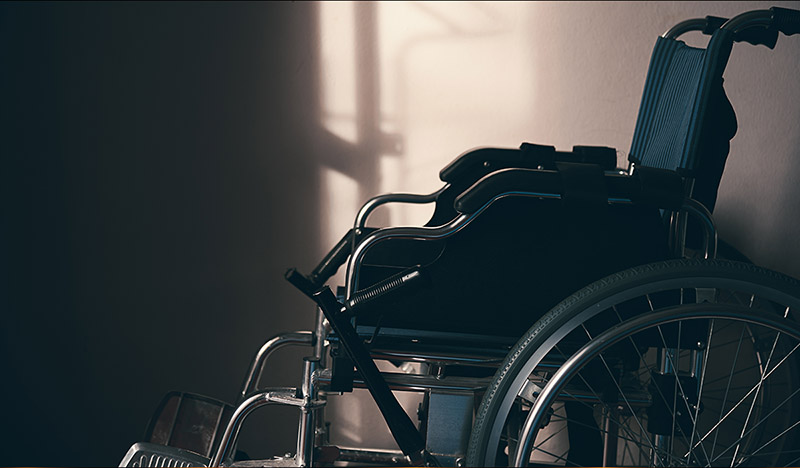After a loved one has passed away and the funeral has been held, the task of sorting through their personal belongings begins. While items with sentimental value or family historical importance may have been distributed to beneficiaries in the estate plan, many more might still be lying around the house.
The question of what to do with a loved one’s remaining possessions is one that every family faces. Some items, like trinkets and personal effects, may be given away to family or friends. Others, including medical equipment, can be sold or donated to charity. From eyeglasses and hearing aids to wheelchairs and at-home hospital beds, there are options for giving used medical equipment a second life.
Death and Decluttering:
Even if somebody is careful to declutter during their lifetime, it is unlikely that they will pass away without any possessions. When somebody is dealing with an ailment or just age-related decline, certain medical items are likely to be needed right up until their final moments:
- Elder-care or assisted-living products such as bathroom grab bars, shower seats, entryway ramps, and personal alert systems
- Mobility aids like canes, wheelchairs, scooters, and walkers
- Eyeglasses and hearing aids
- Big-ticket medical equipment such as hospital beds, kidney machines, prostheses, ventilators, apnea monitors, and infusion pumps
Family members charged with clearing out the deceased’s home may unwittingly find themselves in control of these left-behind medical items. Nobody in the family may have a use for them, but that does not mean they must be discarded. Provided it is in relatively good condition, the medical equipment can be given to those in need, listed for private sale, or purchased by a dealer.
Donating Used Medical Equipment:
The fastest and easiest way to get rid of unneeded medical items is to donate them. Depending on the items, consider the following options for donation:
- A local hospice, nursing home, church, Veterans Affairs hospital, or Center for Independent Living
- Charities, including Alliance for Smiles, American Red Cross, American Medical Resource Foundation, Easter Seals, Med-Eq, MedShare, Project CURE, and United Way
- A local Goodwill store or Salvation Army
- The Lions Club Recycle for Sight program, Eyes for the Needy, and New Eyes, or a local eye doctor (for eyeglasses)
- The Lions Club Hearing Aid Recycling Program, Hearing Charities of America, or the Hearing Loss Association of America (for hearing aids)
In some instances, charitable giving has the added benefit of being tax-deductible. Receipts can be given during an in-person donation or requested from the organization in the case of drop-box or mail donations.
Need Advice? Let Us Know:
Our attorneys have dealt with all aspects of estate planning and administration. Whether you need advice about selecting a charity or reseller for medical equipment donations, have legal questions about selling specific types of equipment, are wondering about charitable tax deductions, or are interested in securing your legacy with an estate plan, call or contact us to get answers.
